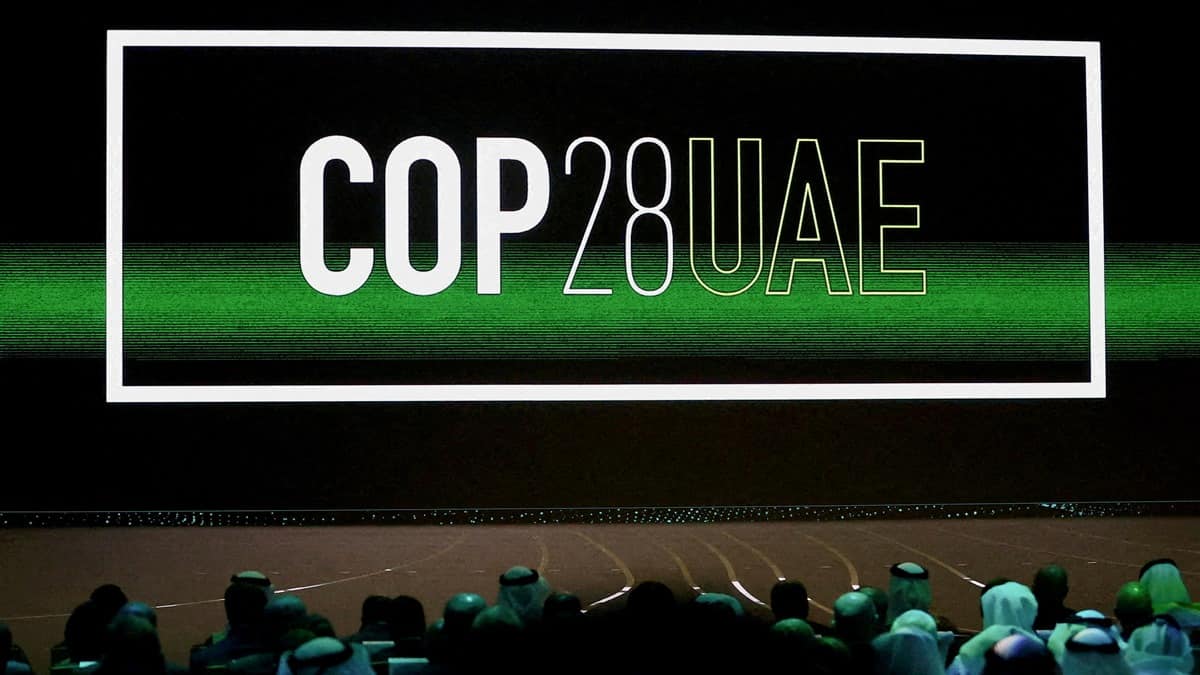Not ambitious enough: COP 28 climate deal is significant, but it also signals a reluctance to end fossil-fuel use with needed haste
The outcome of the 28th Conference of Parties (COP28), on Wednesday, is a significant one. The deal calls for “transitioning away from fossil fuels in energy systems, in a just, orderly and equitable manner,” and adds that the shift to clean energy for the global economy should accelerate this decade with the aim of net-zero greenhouse gas emissions by 2050. This is the first time that a UN climate agreement has called for governments to cut back on fossil fuels. This will surely be of some comfort to the most vulnerable nations.
But the problem is that the final text shows a lack of ambition that is critical to keep the planet on the “well below 2oC warming” pathway. The signs that the fossil fuel lobby won’t go down easy were all there—from the appointment of an oil industry bigwig as the COP president to the leaked Opec letter telling members to oppose any language on phase-out.The final text however makes this more pronounced. “Transitional fuels” such as natural gas, a fossil fuel, will be relied upon for “facilitating the energy transition”.
The plans of major producer governments will see 69% more output than what is consistent with 2oC warming (and 110% more than what is needed for 1.5oC), the United Nations Environment Programme (UNEP) said last month. This portends huge climate-change impacts if commitment on phasing down/out continues to elude us.On adaptation, the outcome document has been weakened and doesn’t have the needed language on targets and timelines. The finding of the IPCC on the limits to adaptation has also been dropped. The Global Goal on Adaptation now merely “seeks to” close the financing gap as opposed to being “committed to” in the earlier draft. Without any indication of how adaptation finance will be scaled up and the inclusion of loopholes that can be used to delay obligations, it is clear that the most vulnerable nations can expect little responsibility for past actions from the developed nations.
Overall, there is very little reference to finance in the outcome document—enchanced climate-funding from the developed world will be taken up at the next COP.India has got some respite in the weaker language on fossil fuels.
The country needs coal to meet its energy requirements, even as it expands renewables capacity—the COP28 outcome talks about tripling renewable generation and doubling energy efficiency by 2030. But this has to be read against the country’s contribution to emissions so far and the consequent warming. The rich nations’ demand that the developing world cut down coal usage is unfair. De-linking from fossil fuels, at least by rich nations including petro-states, remains the key ask. To that end, India needs to keep pushing for room for coal for the Global South even as it presses for phasing down of fossil fuels by the others.



